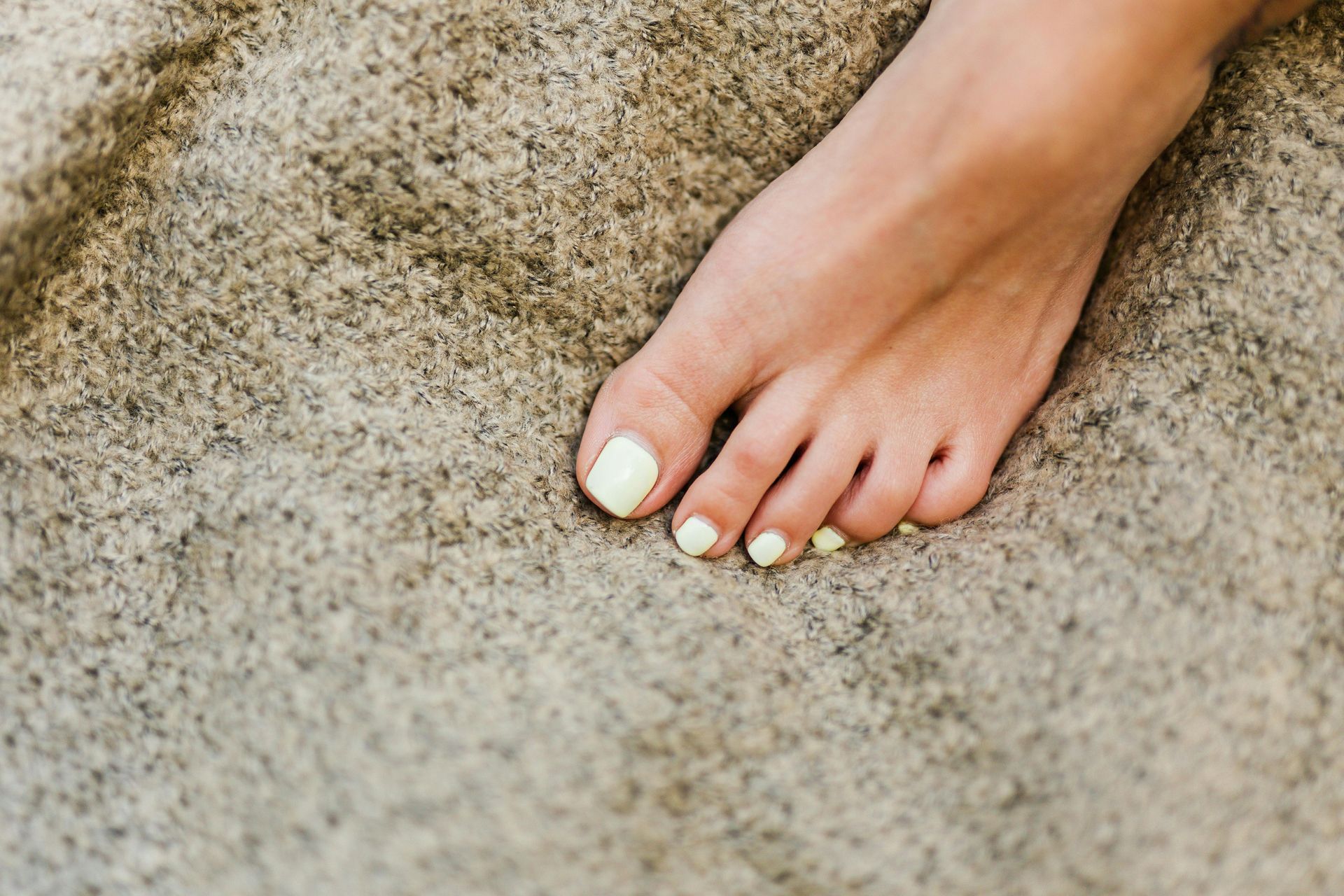Add these 6 powerful anti-ageing habits to your life
Because it's up to you whether you thrive or survive!
Last Saturday, I had my first experience of daytime clubbing.
It was epic - it started at 3pm and we had a lovely old dance and a sing along to some absolute indie bangers.
My sis and I bailed a bit early at 6.30pm (we were hungry, quelle surprise) and after a quick pasta side quest, we were both home by 9.05pm and tucked up in bed by 9.30pm.
BOOM! Result!
Did it make me feel old?
Being home early, sober and having had a lovely time dancing and singing along to some excellent tunes? Hells no!
[Side note, cannot remember what I did yesterday. Can remember all the lyrics to She Sells Sanctuary, released 17th May 1985]
And then, there was some bizarre stage show that consisted of a pair of young women, dressed up as old ladies.
They had walking sticks and hobbled onto the stage, all bent over like some sad parody of society's expectations of older women.
It kinda pissed me off.
Because there's absolutely no reason why this should be our future.
So if you'd like this to not be your future, here are my six most powerful anti-aging habits for you.
1. Move daily
Does this have to be mean going to the gym or classes all the time?
No, it means making movement just part of your every day.
Tip: Find things you enjoy - dancing, walking, jogging, cycling, gardening. Whatever the things are, they don't need to be perfect, just consistent.
2. Prioritise resistance training
I know, you probably grew up, as I did, in the days of Kate Moss saying "nothing tastes as good as skinny feels".
Right.
But nothing feels as crap as having to go up and down the stairs on your hands and knees. So 🤷🏽♀️
Tip: Yes, body weight is a great place to start. Do squats, lunges or wall press-ups while the kettle boils. Do your Pilates. Join us for Strength & Stretch online at 7.30am every Friday.
3. Protect your brain
Cognitive decline's not inevitable. The best agers continue to challenge their brains throughout their life.
It's never too late to learn new things. Whether that's how to lift weights, speak another language or play an instrument.
Stay curious and open to new ideas. Read a new genre of novel. Listen to a podcast with a different perspective to yours.
Try a new experience you've never had before.
And finally nurture your relationships. Did you know loneliness is even worse for you than smoking?
Tip: Try something new this week, and for an even better result, do it with someone else!
4. Manage your stress response.
We all know that chronic stress has a massive impact on our well being.
It's important to remember that acute stress [where you experience a stressor, deal with it, and close the stress response] is a normal and GOOD thing.
Chronic stress, on the other hand, is the type where there is no closure and each stressor piles upon the one before it.
From increasing inflammation; to increasing our risks of diseases like diabetes; to sleep disruption; and digestive issues, chronic stress brings them all.
Tip: Stop and BREATHE! Make sure you slow it down and fill your lungs with every breath.
I like a 4-2-6 pattern [breathe in for a count of four, hold for a count of two and out for a count of six].
This helps activate the parasympathetic nervous system (rest & digest) vs the sympathetic nervous system (fight & flight).
5. Focus on nourishment not calories
When we focus on eating whole food that nourishes our body and brain, we are literally fuelling our future.
We need to get enough:
- protein to help maintain muscle;
- fibre to feed out guts and keep everything moving; and
- healthy fats for brain health.
Tip: Rather than obsessing on cutting things out (including calories), see how many different types of plant-based food you can add in.
6. Do things that increase your chances of a good night's sleep
Sleep is absolutely essential to ageing well.
And even though we do sleep less as we age, we can all do things to prioritise getting as much as possible.
Tip: Better sleep is made before bedtime!
- Eat earlier in the evening;
- Get some daylight in your eyes early in the day and again at midday, while minimising blue and bright light at night.
- Move more during the day.
So there we are the six most powerful anti-ageing strategies out there. And not a one of them includes surgery or injectables!
Want more info? Check out these blogs:
Get fitter now, feel sharper later
Why lifting weights and eating fibre could save your life
April is stress awareness month
Why beans and pulses are your new best friend
Grab your sleepy time menu here
Want to try something new today?
How would you like to try an exercise class that improves your coordination, fitness, balance, upper and lower body strength AND flexibility all in one hour?
Join us every Saturday at 10am on Zoom for PiYo and you can get all this 👆🏽👆🏽 from the comfort of your own home. To book your space click here
All you need's a mat and a screen big enough to see me on, and you're set!










